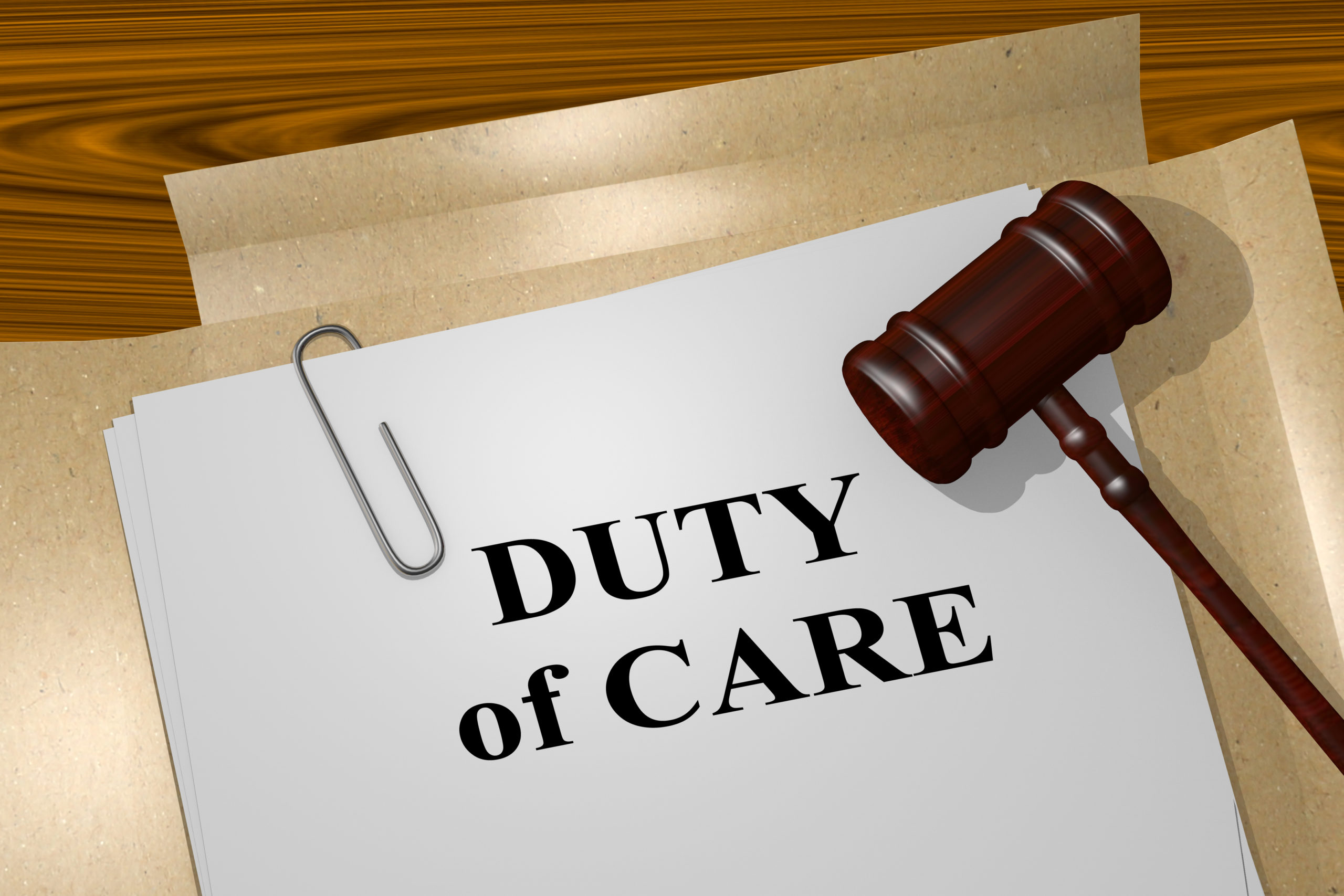
Duty of Care: Slip-and-Falls and Premises Liability in Business
New Jersey takes proper precautions to address the issues that patrons face when it comes to slip-and-fall litigation and what businesses must do for accident victims. The truth is, as the law has stated for years, business owners owe a duty of reasonable care to provide patrons with a safe environment on a premises. To understand these duties, you can consider the following case:
In a case known as Troupe v. Burlington Coat Factory Warehouse, Inc, a patron coming into the Burlington Coat Factory never knew that a berry on the floor would change the outcome of her day. She slipped and fell on a berry that was located within the “baby depot” section of the store. The plaintiff’s expert concluded that Burlington should have expected that it was foreseeable that youngsters would snack and spill food or drink on the floor, especially in an area where children’s clothing was being sold. Burlington then confessed that its floors were not periodically swept during the day and the store was given constructive notice that the floors would become dangerous if not periodically cleaned.
Proving Fault in a Slip-and-Fall Case
It is very difficult, in most cases, for the court to establish when somebody is legally responsible for your injuries I you slip and fall. Most of the time, the main aspect they will consider is whether or not the property owner acted carefully so that slipping or tripping was not likely to happen. You must usually be able to show that there was a “dangerous condition” present and that the owner or possessor of the property knew of this condition. Here are some of the requirements that must be met:
- The owner of the premises created the condition
- The owner knew that the condition existed and negligently failed to correct it
- The condition existed for quite some time, and should have been both discovered and corrected
“Should have discovered” the condition is used somewhat loosely in these cases. Liability is most decided upon in these cases through common sense by the courts. For instance, it is a question of whether or not the owner of the property was careful in keeping the property reasonably safe. The law decides this.
Mode-of-Operation and How it Applies to Specific Cases
Something known as “mode-of-operation” works to shift the burden in slip and fall cases, as with situations where an owner should have noticed and corrected a situation prior to the happening of the accident when owners and patrons must engage in self-service. With it comes to these types of settings, customers will handle displays, shelving, packaging, and many other aspects that may pose a risk. In one case, a Ms. Prioleau slipped and fell on her way to the bathroom at a KFC. She claimed that the accident occurred because there was either grease or water on the floor, and sued for damages. However, Prioleua did not prevail in her case against the company because she was insisting on grease or water causing her accident. This means that her fall had nothing to do with self-service, and so she had to prove actual notice of the dangerous situation, which she was unable to do.
If you have been injured in a slip-and-fall case, we take your claim seriously. We want to extend our help to you in your time of need, so give us a call today. At Maggiano, DiGirolamo & Lizzi, we can help you with your personal injury.

















